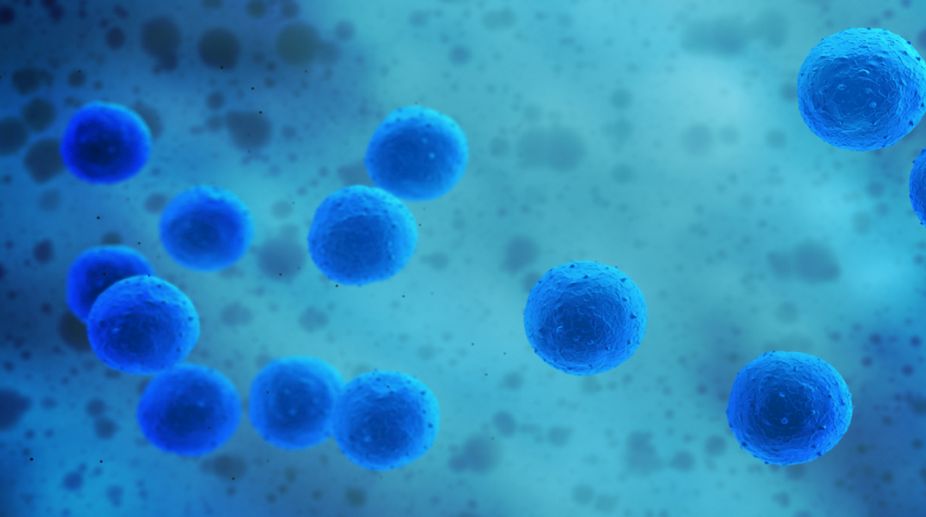An international group of experts has called for united global action on unproven and potentially dangerous stem cell therapies being offered through advertisements.
Writing in the journal Science Translational Medicine, the group of 15 from Belgium, Canada, Italy, Japan, the UK and the US, has called for coordinated global action to control the global industry of stem cell-based medical procedures and their advertising.
Advertisement
Currently only a few conditions can be successfully treated with stem cells, including blood cancers, some immune diseases, and severe burns, says their report.
"Despite this, unlicensed clinics advertise stem cell-based treatments directly to patients promising a cure for various ailments through the internet and social media."
They add that patients are vulnerable to these online marketing strategies due to the hyped media coverage of stem cell research and lack of international guidelines and conflicting national regulations on procedures.
The misleading direct-to-consumer marketing leads patients to forgo alternative validated therapies and resort to invalid stem cell-based procedures, which they say have led to deaths in Australia, Germany and Russia.
The appeal by the expert group to ban advertising unproven stem cell therapies follows the deaths of two children at a clinic in Germany that exploited a legal loophole to offer untested treatments. The clinic has since been closed.
In addition to the potential harm to patients, the authors caution, "unfulfilled promises may bring regenerative medicine research and development into disrepute".
Their report calls for controls on advertising and international standards for the manufacture and testing of cell- and tissue-based therapies, similar to global drug quality standards set by the World Health Organisation.
"I am against advertisement of stem cell therapies," S.G. Ananda Rao, a pioneer in stem cell research and founder trustee of Society of Regenerative Medicine and Tissue Engineering in Mumbai, told this correspondent. "We have been combating this menace from 2004 onwards."
The group has also called for tighter regulation of stem cell tourism that takes gullible patients to the hundreds of medical centres around the world promising to offer treatment for a range of conditions, including multiple sclerosis and Parkinson's disease.
"Stem cell therapies hold a lot of promise but we need rigorous clinical trials and regulatory processes to determine whether a proposed treatment is safe, effective and better than existing treatments," the report cautions.











